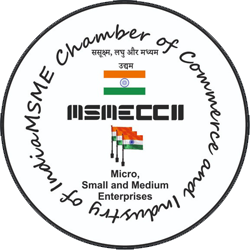The imports of PET bottle scrap and flakes has increased from 12,000 tonnes in FY16-17 to 48,000 tonnes in FY17-18 growing at 290%. India has already imported 25,000 MT in the first three months of FY 18-19.
Government and industry estimates suggest that India consumes about 13 million tonnes of plastic and recycles only about 4 million tonnes.
A lack of an efficient waste segregation system and inadequate collection is the root cause, according to experts, for much of the plastic not making its way to recycling centres.
To incentivise domestic plastic recycling units, the government had banned the import of plastic waste, particularly PET bottles in 2015. In 2016, an amendment allowed such imports as long as they were carried out by agencies situated in Special Economic Zones. It’s this loophole that’s been exploited.
Last December, an expert committee of the environment ministry, last December, had recommended that firms who had applied for permission could import PET flakes/bottles up to 50% of their production capacity. Polyethylene Terephthalate bottles are a category of plastic of which nearly 90% of the domestic supply is already recycled.
However, this reprieve has not gone down well with environmentalist groups.
In 2021, seven Indian companies applied to import 93,000 tonnes of plastic bottles waste from countries such as America, Canada, Germany, citing a shortage of plastic waste in India.
However, according to PDUSM, more than 465 crore discarded PET bottles of mineral water, cold drink, juices consumed in these countries could be imported into our country (1 bottle equals to 20 gms).
A campaign by the PDUSM against the import of plastic waste had played a role in the centre’s decision to impose a ban in 2019.
According to the organisaiton, there is no shortage of PET waste in India. As per the industry data, more than 14 lakh tonnes of PET plastic are consumed annually in India, and even with a global highest 80% recycling rate, approximately 2.8 lakh tonnes of plastic bottles waste never gets collected. While the whole world is banning such imports to strengthen local plastic waste management, India would have been the first country to re-allow the import of plastic waste.
According to estimates, the country generates over India, according to government statistics, 15,342 tonnes of plastic waste is generated every day. Out of this, 6,000 tonnes of waste remain uncollected and littered.










Leave a reply